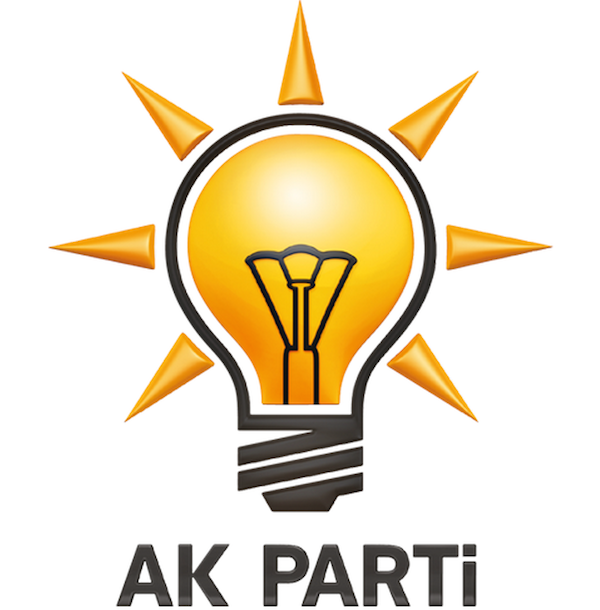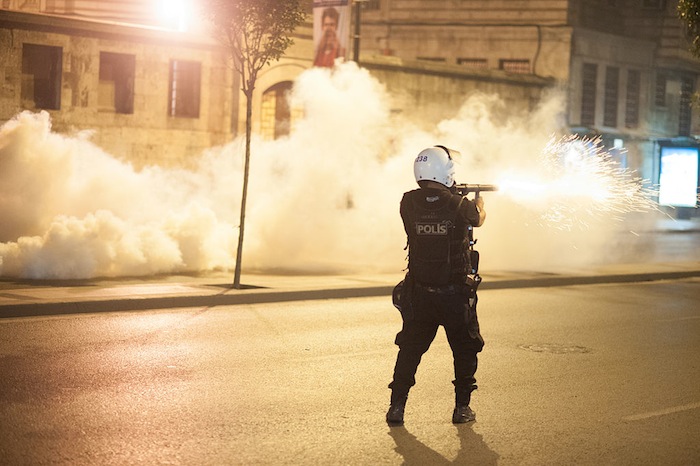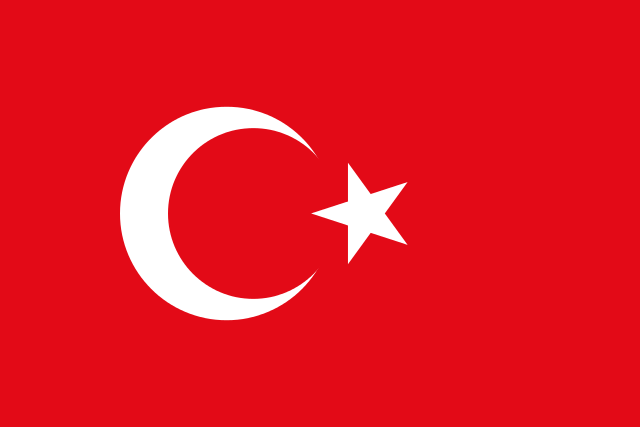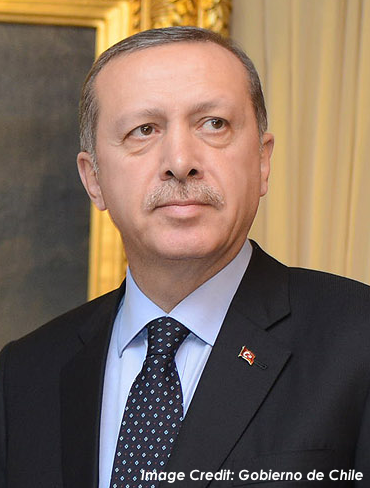Turkey will remain without an elected government until at least some time in October, now that a new round of elections have been called, following a failure to form a coalition after the June elections.
“Turkey PM formally gives up on coalition as polls loom” | AFP:
Turkey’s Prime Minister Ahmet Davutoglu on Tuesday informed President Recep Tayyip Erdogan he had failed to form a coalition government, paving the way for new general elections just months after June polls.
[…]
According to the constitution, the AKP will be able to continue as a minority government until elections if a majority in parliament votes in favour of holding the early polls.
If however Erdogan uses his right to call the election himself, a so-called “election government” will be formed until the polls, consisting of members from all four parties represented in parliament.
Will fresh elections make much of a difference in the parliamentary outcome?
“Turkey’s Erdogan gambles on new election bid” | Al Jazeera America:
Despite the carnage, however, a resumption of fighting with the Kurds could prove electorally useful for Erdogan. Tol called the bombing campaign against the PKK in aftermath of the June election defeat as “very related to Erdogan’s political ambitions.” A number of Turkish polls have shown the AKP gaining ground since then.
To regain a majority in parliament, Erdogan has tried to appeal to nationalists who were previously wary of his outreach to the Kurds, and weaken the pro-Kurdish Peoples’ Democratic Party (HDP) […]
But while Erdogan’s political fortunes seem to have shifted since the surprising June defeat, his new strategy is nonetheless risky.
[…]
“To go the polls at a time when people are being killed every single day can have a downside,” Sinan Ulgen, chairman of EDAM, an Istanbul-based think tank, told the Associated Press. “The arithmetic in Parliament won’t necessarily change.”
On that last note, see my June 10, 2015 estimates “New Turkey elections might be AKP’s worst option”. While I came in at the time for some fairly thoughtful but strong pushback on that rough assessment, via Twitter, I still think the math isn’t really going to shift all that dramatically in a way that favors the AKP, if it moves at all on balance.
True, little changes could tip the balance by getting 18 more seats (and thus a majority) to the AKP or by pushing the Kurdish-dominated HDP back under the 10% national threshold to qualify. But at the moment I still have my doubts.







 In March, I noted that as part of Erdogan’s increasingly
In March, I noted that as part of Erdogan’s increasingly